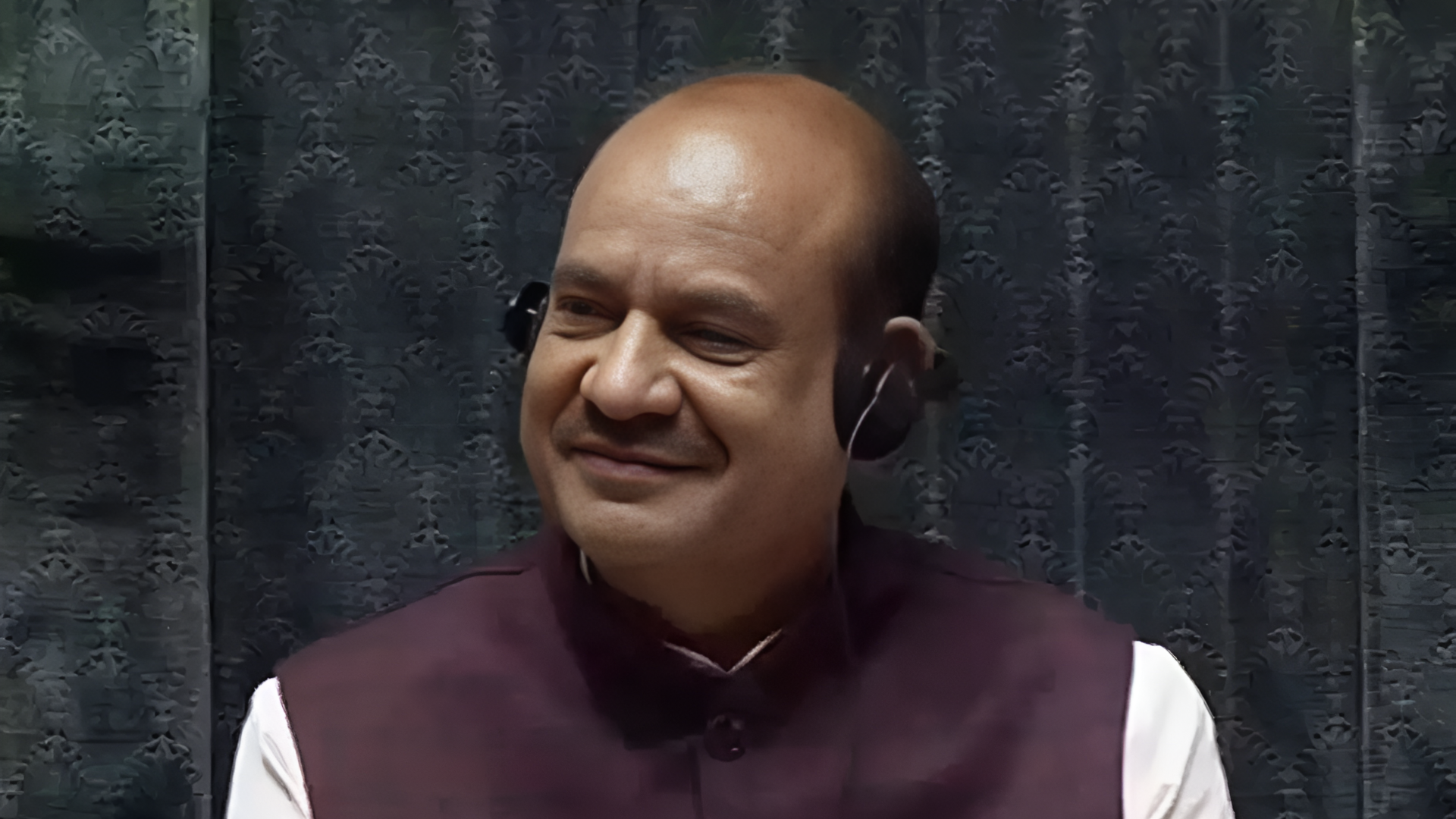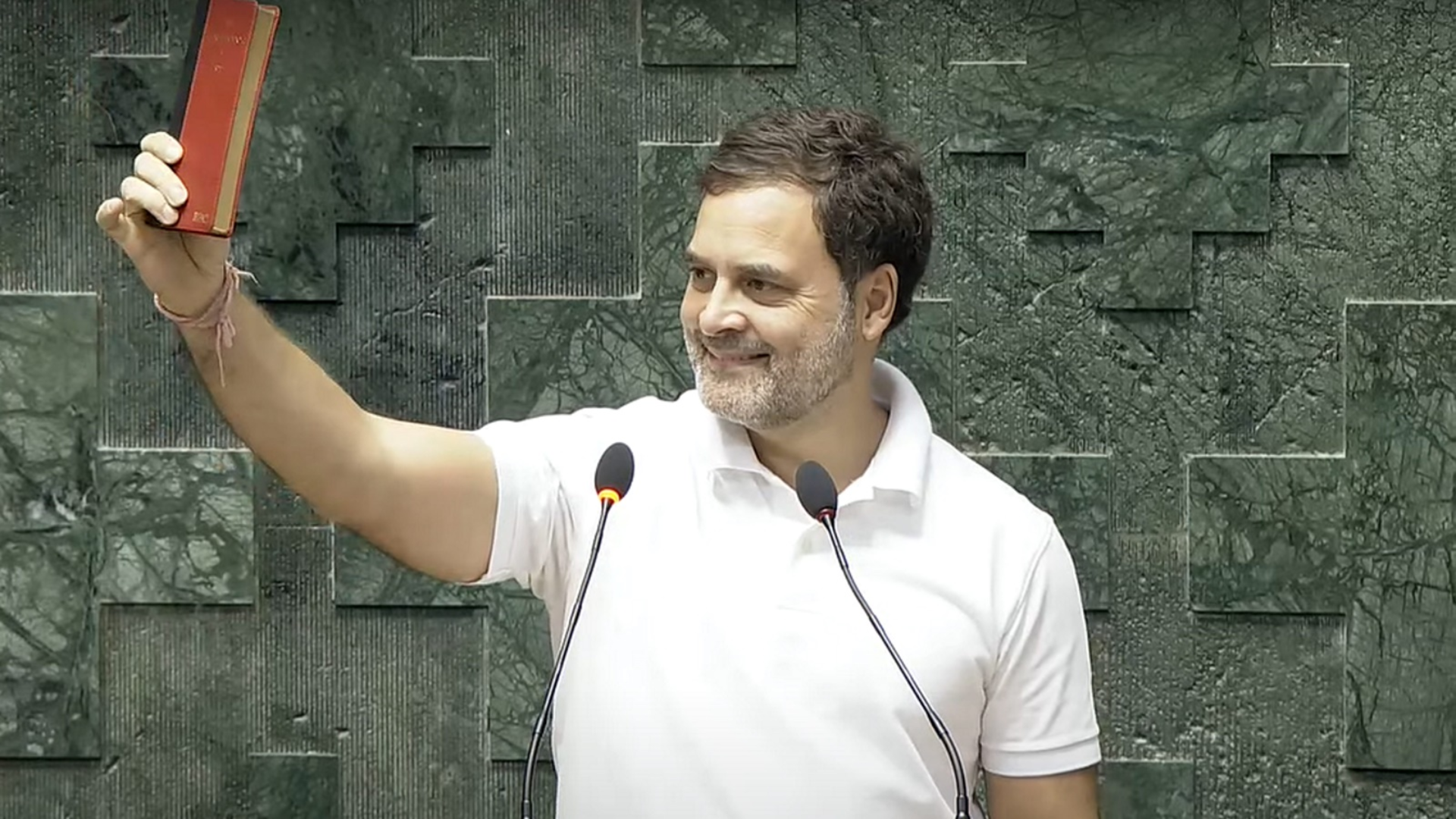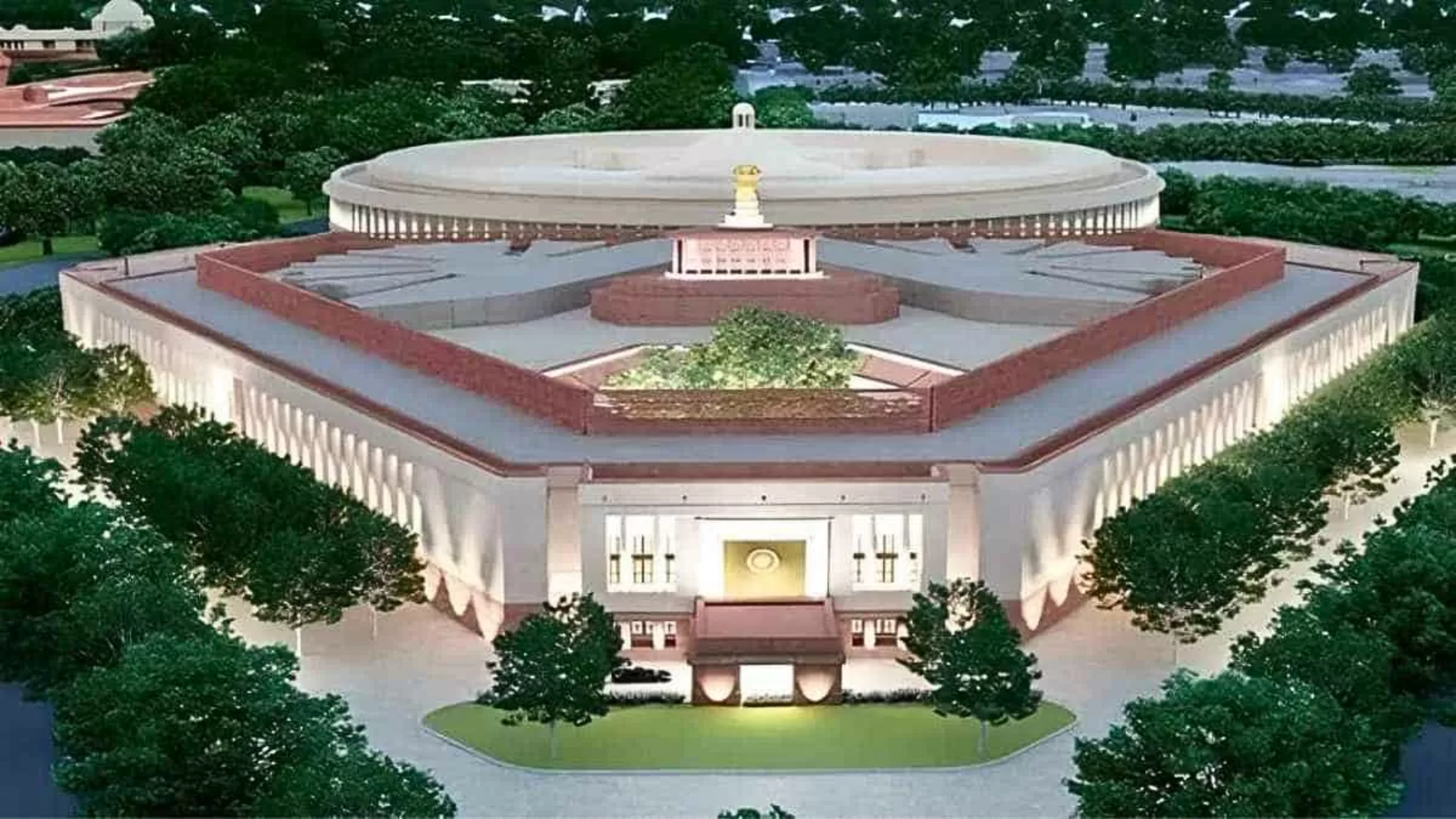Supreme Court: ED must get Court nod to arrest PMLA accused who respond to summons

In a landmark ruling, the Supreme Court has declared that the Enforcement Directorate (ED) cannot arrest an individual who responds to a special court summons in a Prevention of Money Laundering Act (PMLA) complaint without first obtaining permission from the court.
Justices Abhay S Oka and Ujjal Bhuyan, presiding over the bench, further asserted that if an accused voluntarily appears before the special court following a summons issued by that court, they are not obliged to fulfill the stringent bail conditions outlined in Section 45 of the PMLA.
The Court emphasised that should the ED seek custody of the accused subsequent to their voluntary appearance, they must make an application to the special court for such custody. The court will only grant custody if it is convinced, with sufficient reasoning, that custodial interrogation is necessary.
This judgment essentially curtails the ED’s powers to arrest an accused under Section 19 of the PMLA once a complaint against them has been lodged, provided the accused was not previously arrested during the investigation. Section 19 grants ED officers the authority to arrest if they have “reason to believe” that the individual has committed an offence punishable under the Act.
The verdict addresses a significant legal question regarding whether an accused in a money laundering case remains subject to stringent bail conditions even after appearing before the special court in response to summons based on the ED’s complaint. The Supreme Court, having reserved its judgment on April 30, has now delivered its decisive ruling on the matter.







